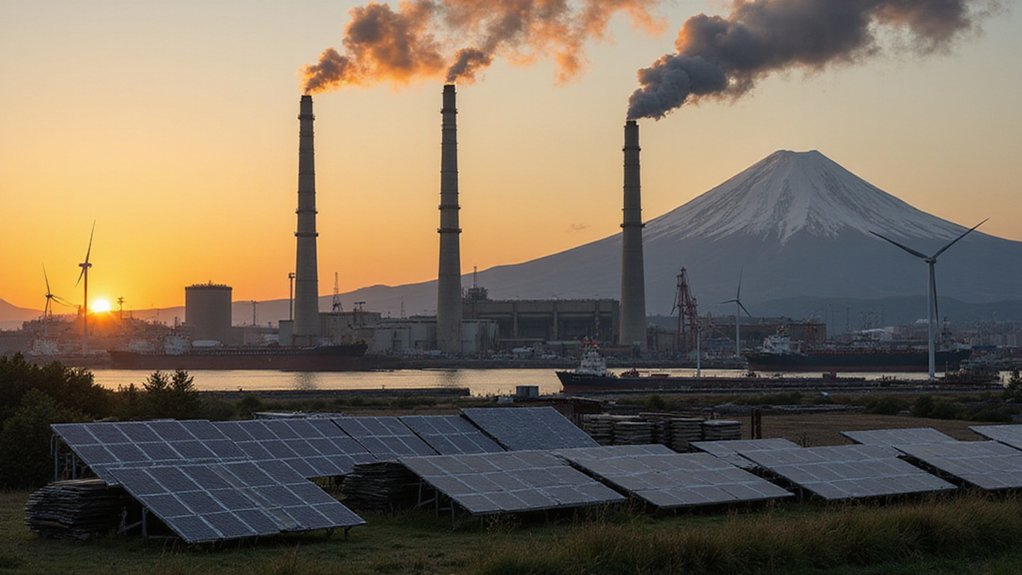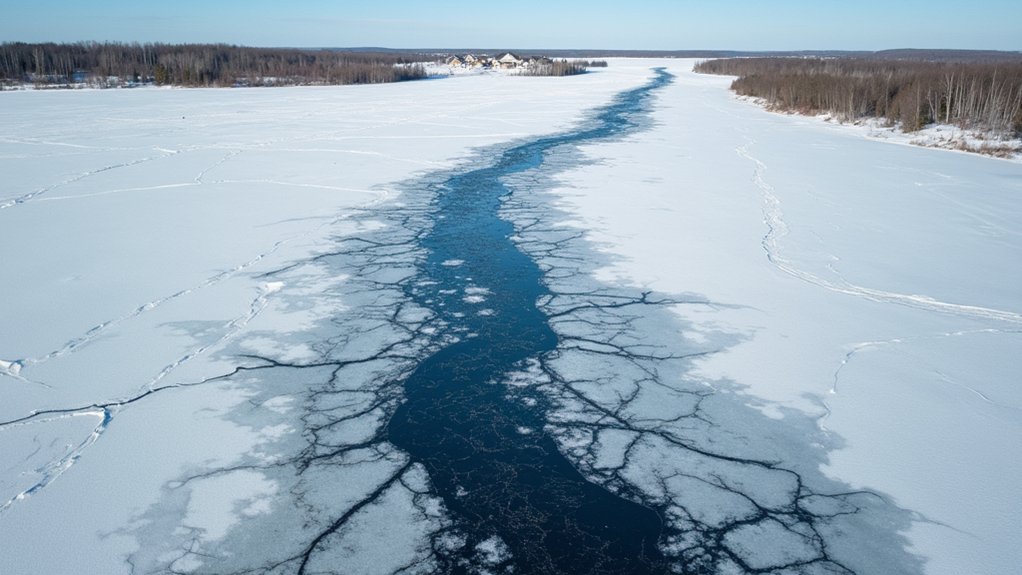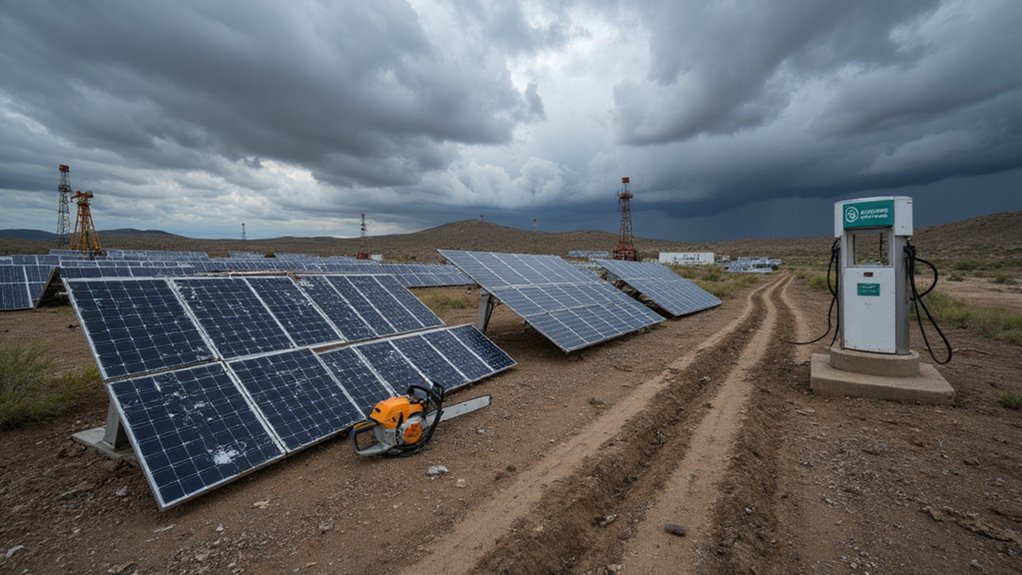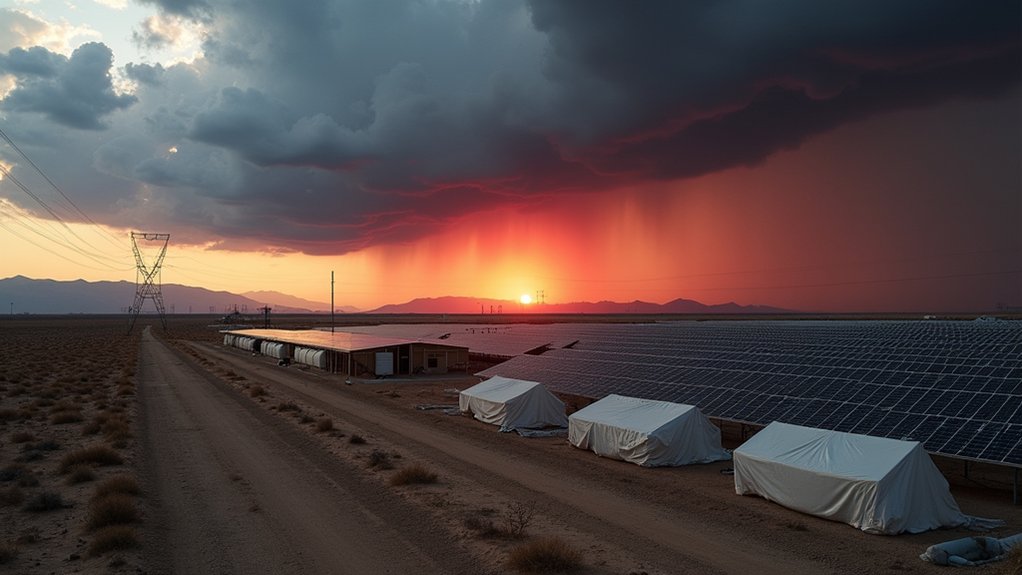Why is Japan shifting away from its climate promises? The February 2025 approval of Japan’s Seventh Strategic Energy Plan shows a major policy change. The new plan prioritizes supply stability over rapid decarbonization, setting a 2040 target of 30-40% energy from “thermal sources,” which includes coal.
Japan remains the only G7 nation still planning new coal plants. While the country plans to close or suspend 100 inefficient coal plants, new capacity is under construction. This contradicts Japan’s agreement at COP28 to move away from fossil fuels and achieve a mostly decarbonized energy sector by 2035.
The recent energy plan projects renewables will make up only 40-50% of Japan’s energy mix by 2040. This represents a modest 2-14% increase from the 2030 goal. Meanwhile, over 60% of Japan’s electricity in 2023 came from coal and liquefied natural gas (LNG). Despite cost reductions in solar technology, Japan has been slow to embrace renewable alternatives.
Major energy companies like JERA are doubling down on LNG and fossil fuel infrastructure. These firms support government measures that extend the life of fossil fuels through hydrogen and ammonia co-firing technologies. The government is offering incentives and subsidies to keep thermal plants operating longer.
Japan’s new policy emphasizes carbon capture and storage technology despite limited proven impact at scale. There’s also heavy investment in ammonia and hydrogen blending, positioned as low-carbon alternatives though their emissions reductions are debated.
The G7’s 2024 pledge to phase out unabated coal by 2035 includes a loophole for Japan, allowing continued “high efficiency” coal with ammonia co-firing. This strategy falls short of the Paris Agreement’s 1.5°C pathway.
Industry lobbying has pushed “energy security” to the forefront of policy considerations. The near blackout Tokyo experienced in March 2022 highlighted renewable energy limitations and significantly influenced this shift in policy priorities. Oil and gas companies support continued fossil fuel development through subsidies for upstream projects and new LNG capacity, directly contradicting global climate goals and Japan’s own international commitments.
Environmental advocates argue that Japan’s 2035 emissions reduction target of 60% is scientifically inadequate for aligning with the global 1.5°C goal that would require 79-81% reductions from 2013 levels.
References
- https://www.energypolicy.columbia.edu/japans-shifting-energy-strategy/
- https://www.can-japan.org/en/4099
- https://ieefa.org/resources/japans-fossil-fuel-self-development-undermines-energy-security
- https://www.oxfordenergy.org/wpcms/wp-content/uploads/2025/02/Insight-163-Japans-Energy-Transition.pdf
- https://climateactiontracker.org/countries/japan/








